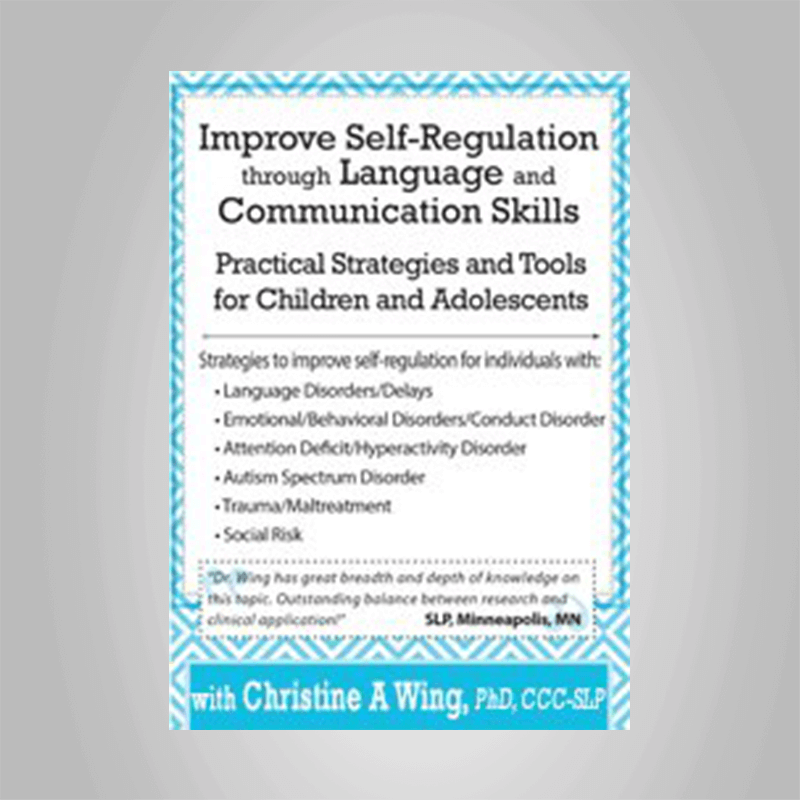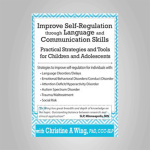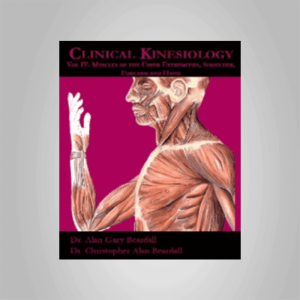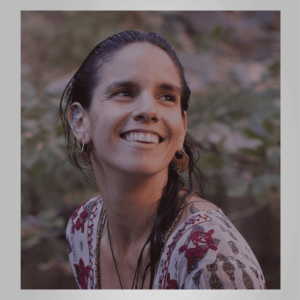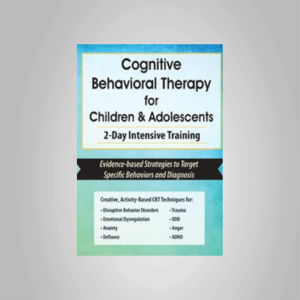Christine A Wing – Improve Self-Regulation Through Language & Communication Skills: Practical Strategies & Tools for Children & AdolescentsDescriptionYou’ve worked with the child who has difficulty transitioning from one activity to another, becoming upset or overly silly. Waiting for his turn is difficult if not impossible, as is following daily routines. Despite repeated requests from his teacher to “use your words,†he typically is not able to communicate his wants and needs and becomes angry or shuts down. This child lacks self-regulation, and struggles both academically and socially.Communication skills play an important role in the development of self-regulation. In this workshop, you will learn how to use language to improve self-regulation for children with:Language delays/disordersEmotional & Behavior DisordersAttention deficit/hyperactivity disorderAttachment disordersAutismSocial RiskYou will learn techniques in formats that you can apply to your work immediately, illustrated through case studies and intervention videos. Bring your challenges with you to the workshop, as Dr. Wing will also facilitate group problem-solving. Discover new and innovative ways to help children develop self-regulation through language!HandoutsWebcast Manual (6.03 MB) 56 Pages Available after PurchaseOutlineRelationship Between Language and BehaviorLanguage comprehension and expressionLanguage pragmaticsDynamics of shared risk factors:depression, family conflict, parent education, fathers, and attachmentRole of Language in Self-RegulationInternal state words/words that express:Volition/ability Physical statesPerception EmotionsMorality ThoughtWorking at the intersection of socialemotional and language developmentFacilitate self-regulatory languageTheory of MindExecutive FunctionStrategies for Language Disorders/DelaysDetermine knowledge and use of internal state wordsFast mapping internal state words for early languageWords for:Intention AbilityJudgment CognitionTimeCondition build problem-solvingSelf-talk for problem-solving videoStrategies for Emotional/Behavioral Disorders/Conduct DisorderScreen for language reception, expression, and pragmaticsIdentify behavior problem and use corresponding verbal inputDebrief after problem episodeScript development demonstration and video examplesUse role modelsCo-regulation strategiesNonverbal body-calming techniquesStrategies for ADHDFocus and condense instructionsLanguage for organization and staying on taskDetermine child’s level of language skillsCues for low to high language levelsTransition to self-cuingStrategies for Autism Spectrum DisorderTranslate behavior to wordsPair sensory experiences with words for physical states and perceptionRecognize and represent emotionsApps for storytellingPersonal narratives for high functioning ASDStrategies for Trauma/MaltreatmentApply attachment theory to daily conversationsvRelationship-based languagePersonal narrativesLanguage to decrease disassociation and hyper-vigilanceInternal state words to build awareness of child and selfCase studyStrategies for Children at Social RiskIncrease language interactions in small groupsUse social-emotional themes: lesson plansInternal State Language InterventionProgram (ISLIP) handoutVideo demonstration of ISLIP lesson planFacultyChristine A Wing, PhD, CCC-SLPSpeech-Language-Hearing SciencesUniversity of MinnesotaChristine A. Wing, PhD, CCC-SLP, has worked extensively with children at risk for or demonstrating significant behavior problems. She has worked closely with educators, mental health professionals, and therapists in both educational and health care settings. Dr. Wing integrates her clinical work as a certified speech and language pathologist with her own research on the relationships between language and behavior problems.Dr. Wing has served on the board of directors and as the chairperson of the Minnesota Association for Infant and Early Childhood Mental Health. She is an advocate for children and families, and in addition to a Ph.D. in the area of language development, holds a master’s degree in public policy. Dr. Wing has presented at state associations for speech and language professionals and childcare providers as well as educators. She has also presented at the American Speech and Hearing Association, the American Association of University Women, and the International Society for the Study of Behavior Development. Dr. Wing currently provides consultation to organizations providing services to children and families.Speaker Disclosures:Financial: Dr. Christine Wing has an employment relationship with Strategic Solutions, Inc. She has presented at numerous state and national conferences. She receives a speaking honorarium from PESI, Inc.Non-Financial: Dr. Christine Wing has no relevant non-financial relationship to disclose.
 Christian Thibaudeau – High performance fat loss program
₹2,988.00
Christian Thibaudeau – High performance fat loss program
₹2,988.00
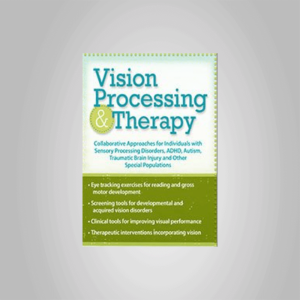 Christine Winter-Rundell – Vision Processing & Therapy: Collaborative Approaches for Individuals with Sensory Processing Disorders, ADHD, Autism, Traumatic Brain Injury & Other Special Populations
₹5,810.00
Christine Winter-Rundell – Vision Processing & Therapy: Collaborative Approaches for Individuals with Sensory Processing Disorders, ADHD, Autism, Traumatic Brain Injury & Other Special Populations
₹5,810.00
Christine A Wing – Improve Self-Regulation Through Language & Communication Skills: Practical Strategies & Tools for Children & Adolescents
₹5,810.00

